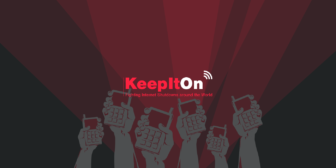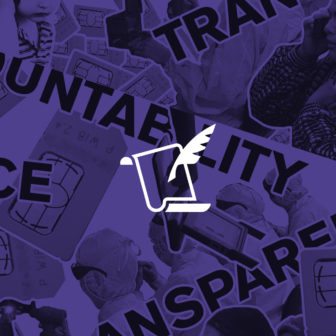
Deniz Duru Aydin
Policy Fellow
Deniz (Email: [email protected], PGP Key: 0xD08E0F30) has been working on issues of internet governance, business and human rights and digital rights in Turkey as a Policy Fellow at Access Now. She is currently finishing her master’s degree at the University of Oxford, studying the Social Science of the Internet. She is a member of the Youth Coalition on Internet Governance, as well as Freedom Online Coalition’s Working Group 2 on Digital Development and Openness. Previously, she completed her undergraduate degree at New York University. For her undergraduate thesis, which was titled “Explaining the Variation in Government Digital Surveillance in OECD Countries: Evidence from Online Giants,” she used data from ICT companies’ transparency reports.
Despite loving Oxford, she sometimes misses the ferries, tea and cats of her hometown, Istanbul.




